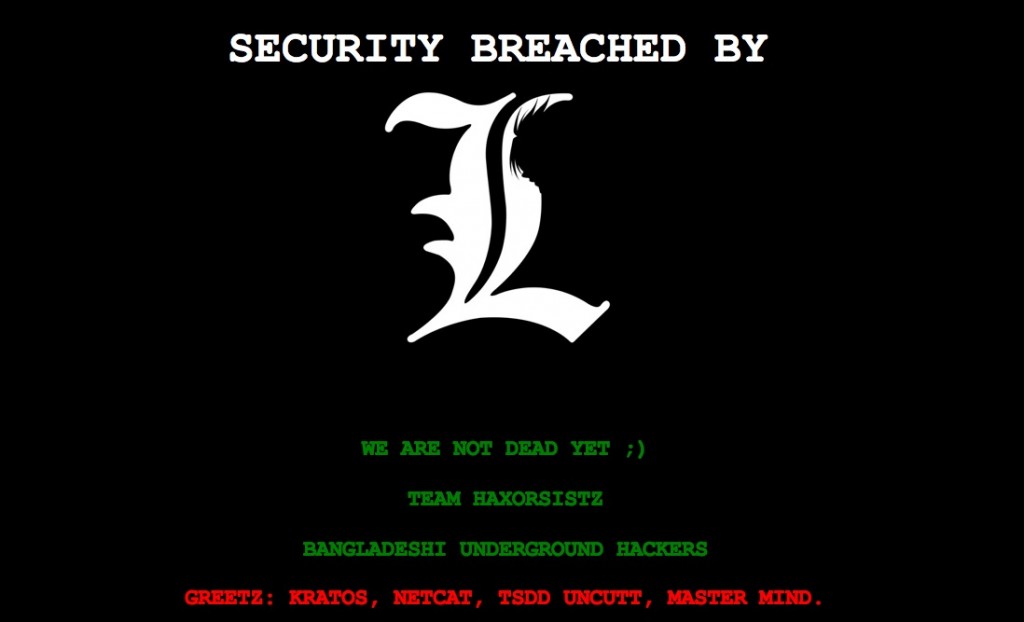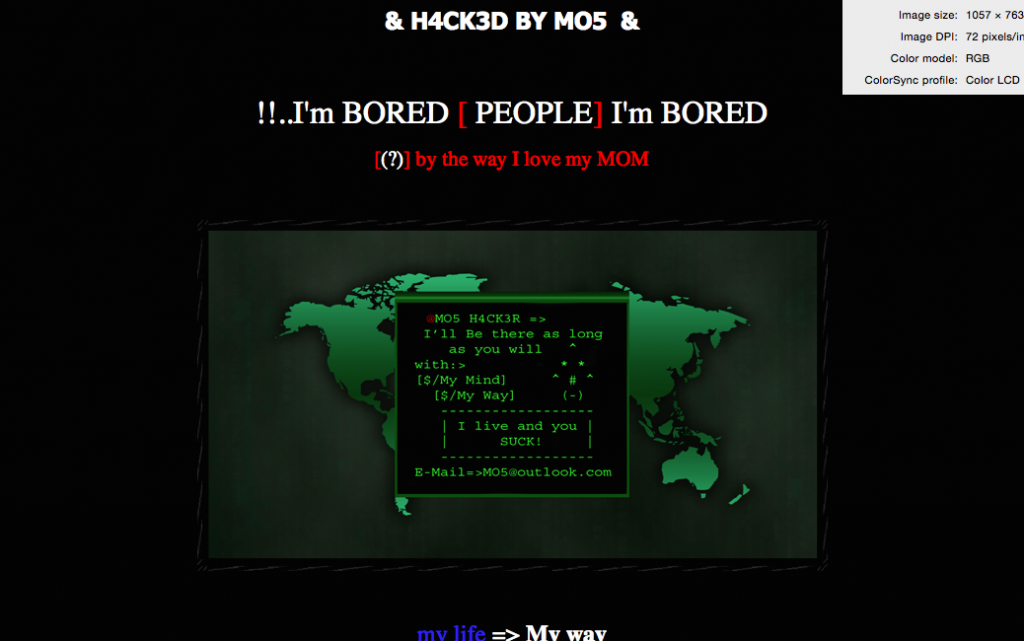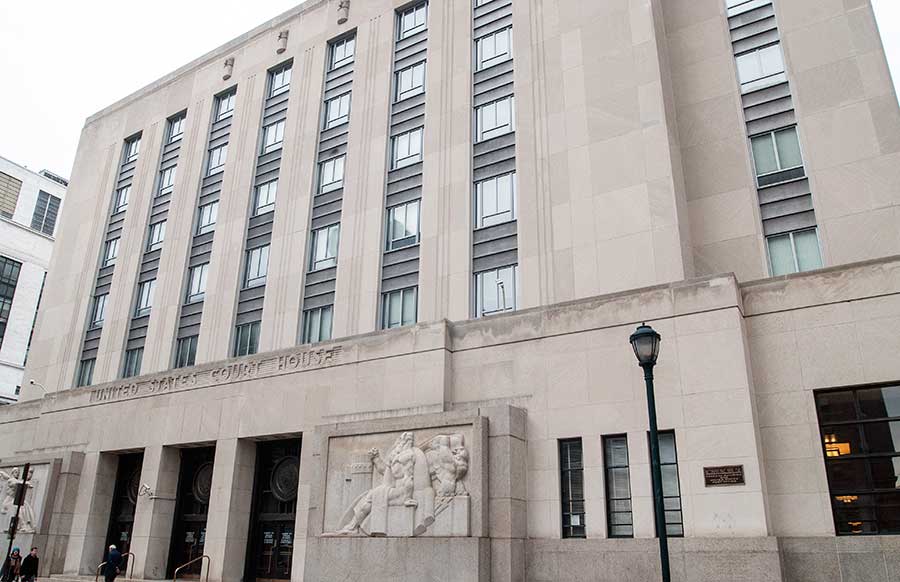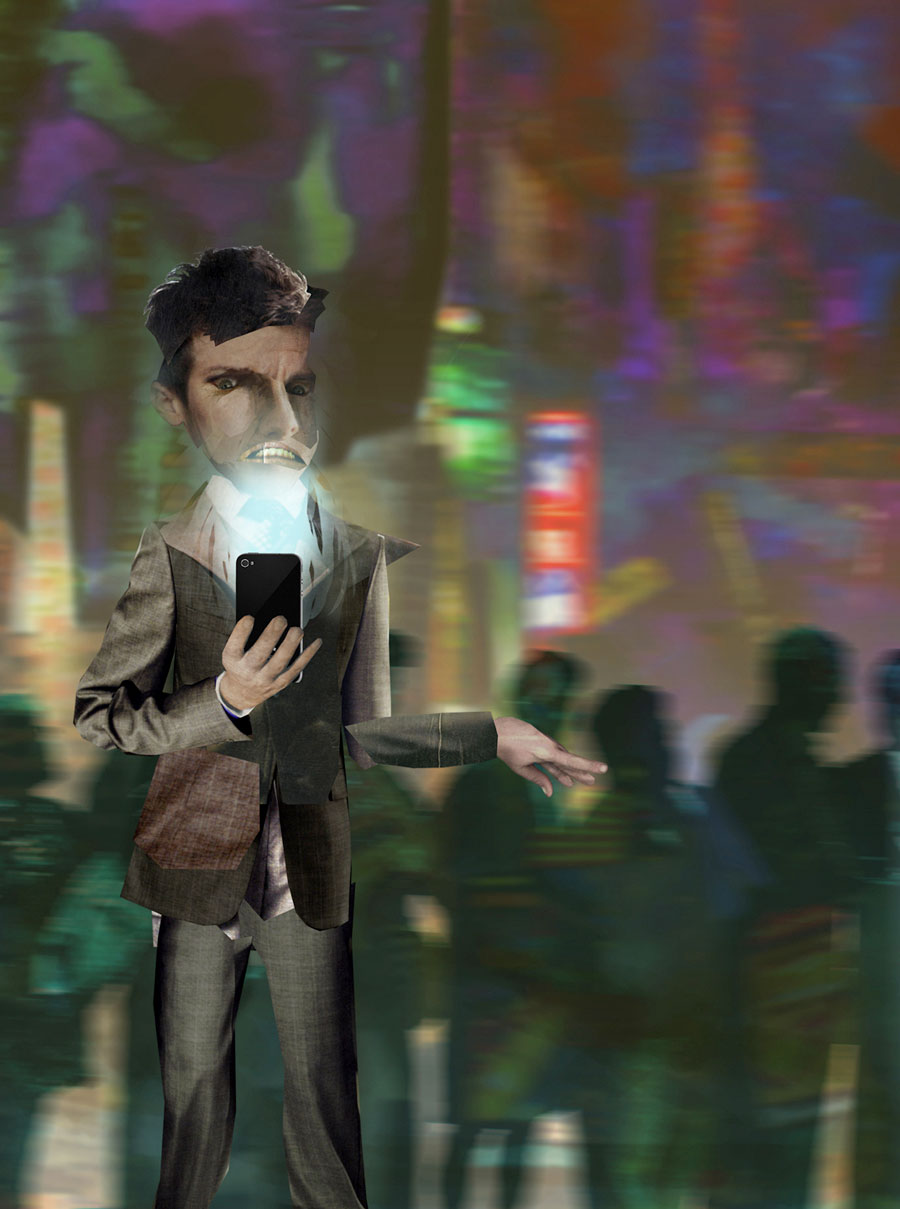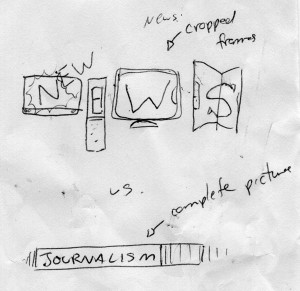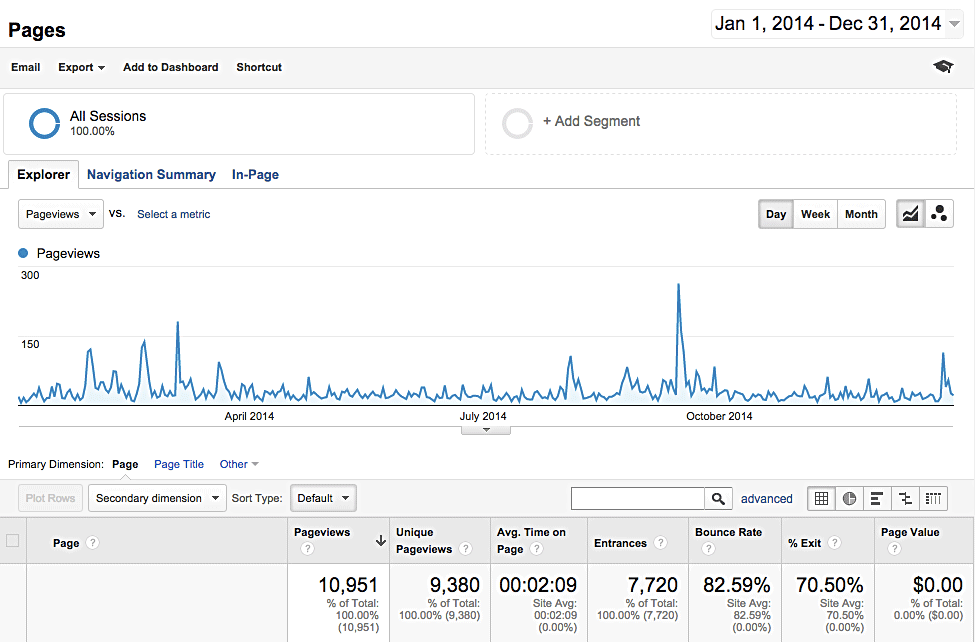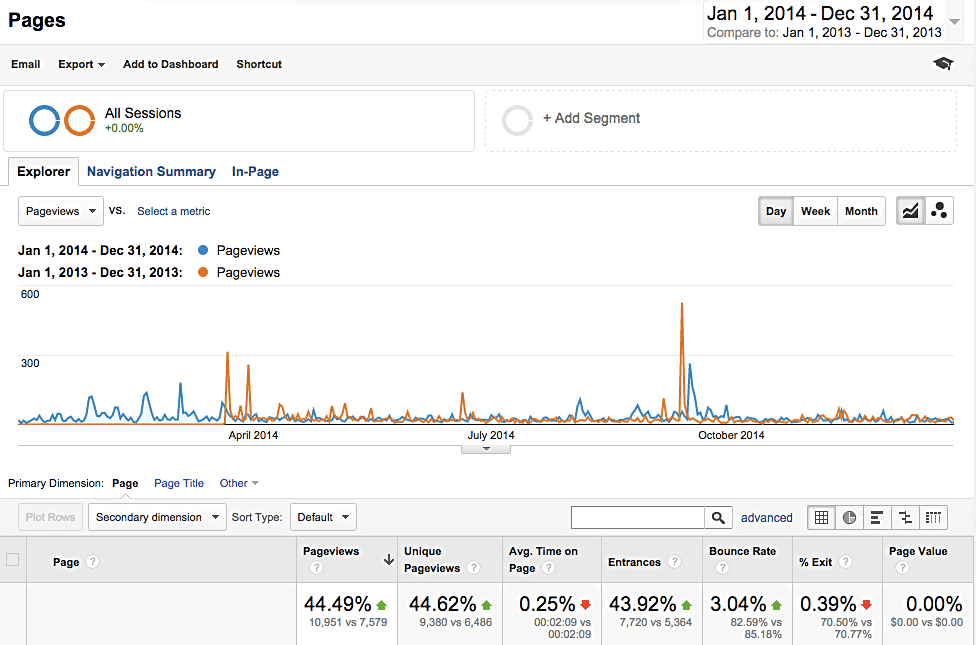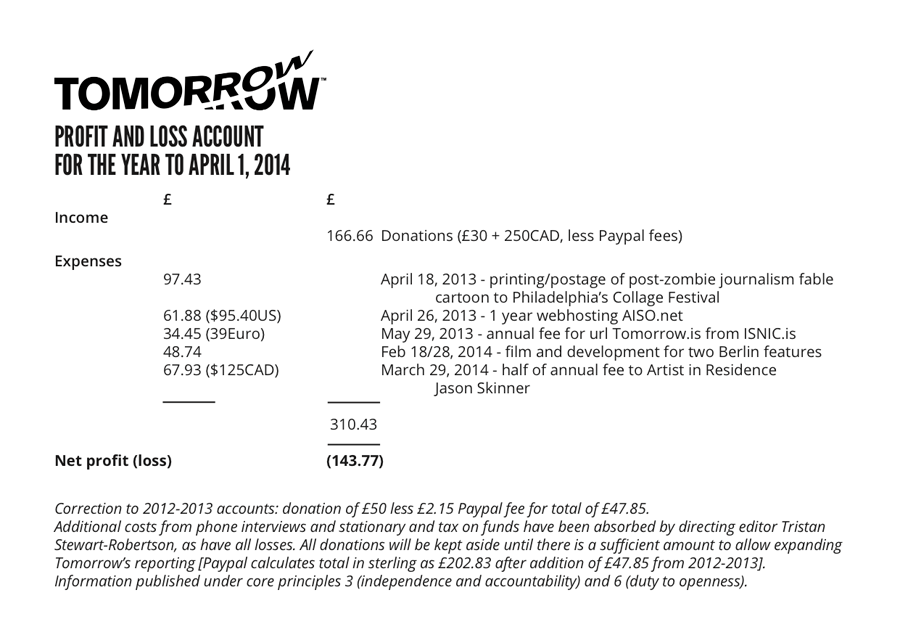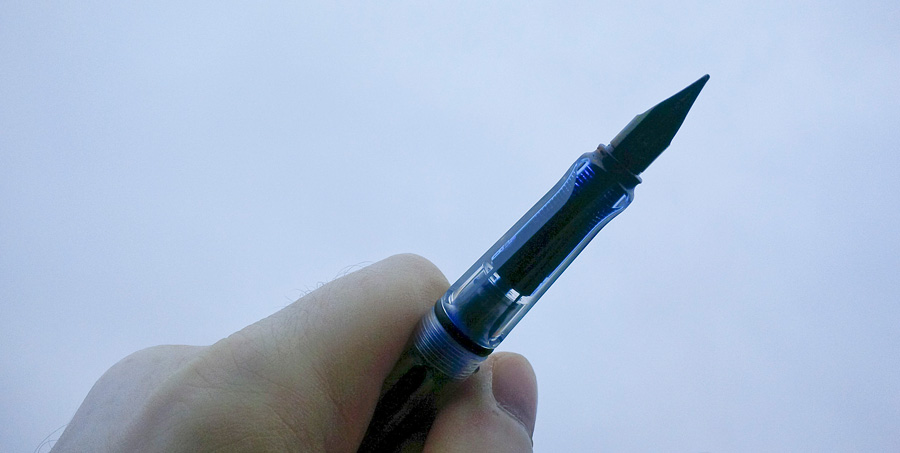
I once asked a friend, in a moment of frustration, why I do this job.
“Because you’re an artist Tristan,” she replied.
For many in journalism, the attacks at the offices of French satirical magazine Charlie Hebdo crystalised both the question and answer. Why on earth would we do a job in which we could be killed? Because that is the job and that is what we do.
When reporters, journalists, cartoonists or others in the media are killed while doing their jobs or because of what they have published or reported, the question and answer don’t sit easily or comfortably with each other. As proud as many of us are to be in journalism, we are also risk averse. The vast majority of us would like to think we could be war reporters, but only a very few brave souls actually do it. Very few will run into a war zone to ensure the world sees what’s happening. Those individuals have my personal and professional admiration without question.
The staff of Charlie Hebdo knew what they published was controversial – they had been creating content that pushed the envelope for decades. Satire is always contentious because it holds a mirror, even better than traditional news reporter, to the powerful and privileged. Satire achieves what is Tomorrow‘s fifth core principle: Comfort the afflicted and afflict the complacent. The complacent are those in power, and the public who choose not to question that power. In that sense, the publication, whether you agree with it or not, was both brave and met a core foundation of this profession. And even if it was contentious or even offensive, that would not and could not justify murder. Ever.
[Tweet “Satire is always contentious because it holds a mirror to the powerful and privileged”]
But there are difficult questions this appalling crime has left with the wider media, both in France and beyond. Should media republish the original offending cartoons in solidarity? What pictures of a terrorist attack or crime are reasonable, responsible or appropriate for publication and broadcast? What limits, if any, are acceptable on freedom of expression?

Newspaper journalism depends on Liberté.
Freedom of expression is Tomorrow‘s first and most important core principle. Everything we do in this profession is done because we have the inalienable human right to freely express ourselves. Some people in the world – both nation states and individuals – don’t recognise such a freedom as a first principle, or they put such extreme limits on it that expression is not truly free. It has been repeatedly quoted in the aftermath of the Paris attack, but Voltaire’s line (which was actually by Evelyn Beatrice Hall), “I disapprove of what you say, but I will defend to the death your right to say it”, is correct. As an individual, as a reporter and for this website as a whole, I will defend the right to free expression.
Similarly, many comments on social media have used the hashtag “JesuisAhmed”, to refer to Muslim police officer Ahmed Merabet killed in the Charlie Hebdo attack, who defended the magazine’s right to speak, even if it insulted his faith.
But, many have also pointed out the condition on free speech, that “you can’t yell FIRE in a theatre”. True. And that leads me from core principle 1 to principles 8 and 11.
Be a safe harbour for the public and staff (8) is the principle that put police protection on the staff of Charlie Hebdo. And it is a sad reality of the world that many publications require significant levels of security because of what they report. Too many reporters, photographers and others died in 2014 doing their jobs – 96 in total – increasingly targeted in war zones because it grabs headlines. News organisations have a duty to report, but we have to balance that with protecting our staff to make sure they are alive to report another day. I believe firmly in openness and would like news organisations to be in far more open architecture for public access and engagement. But, the reality is that reporting can result in violent criminal reactions. It is a very difficult bargain to strike.
Promote responsible debate and mediation (11) has a key word and perhaps the most challenging for this entire debate: responsible. Consider the front pages of world newspapers after the Paris attack. Some offered cartoon tributes. Many used the image of the murderers about to shoot the police officer lying injured on the ground. The image was a still-shot from a video graphically capturing the crime and a handful of publications pixelated the officer’s face. Was it right to run the image or cover the man’s face? Are we protecting the victim by doing so? Or are we sparing our “western world” modesty?
The blunt fact is that war reporting, particularly from the Middle East and Africa, has rarely held back on the descriptions or photos used. Did media give the same coverage to the reported 2000 killed in a massacre by Boko Haram as to the Paris attacks at the same time? Why did we want to know everything about one and not about the other? The injured and dead are victims we will never know. It took nearly three years for the western media to identify the women executed in an Afghanistan football stadium – she was Zarmina, murdered on November 17, 1999. Up until then, the images were used to support the narrative that governments needed to intervene against Taliban barbarism. There was no need to “respect” the human victims involved. A large part of news media maintains a view that “the West” is somehow more civilised, liberal and mature than “other” nations.
But let’s say it’s important to show the horrors of war and the threats to innocent civilians. Tomorrow‘s fifth principle states “comfort the afflicted”, and that is most certainly present in war reporting. If we freely account those conditions and events and run their pictures, then we should not hold back in “the West” simply because the victims are local, or “like us” or, perhaps most frequently, white.
At the very least, when we choose not to run some photos or videos, we need to ask why in one case and not others. And I would argue we need to explain and justify those choices. Photos and videos of events, such as terrorist attacks or crimes, are part of accurate reporting. They must contribute to that. There will never be a universally correct answer because each story each event is unique.
In some commentary, and public reaction, to the Paris attacks, there has been the assertion the media should “ditch its love affair with narratives, and stick with the truth”, ie that the criminals were terrorists and Islamic extremists. It is, of course, laughable such comments themselves are not part of a narrative.
It is always right to question how a government defines criminal acts with catch-words or phrases. Is it terrorism? A “lone wolf”? A case of “mental illness”? What is the purpose for their word choice? And the media should be questioned as well as to how and why we choose certain words. The “truth” is that an event happened, people died, other people were responsible. From those base facts come competing narratives and interpretations. That, in turn, comes back to the importance of having freedom of expression.
And that brings us back to the original cartoons and content of Charlie Hebdo and others. Again, nothing they did could ever justify murder. But a wider problem today, with the ability for anyone to react instantly and websites being rewarded for the most inflammatory content possible, is that everything is offensive to someone. A fear of offending an individual or group might give pause to the selection of words in a story. But a fear of offending an unknowable “anyone” somewhere out in the universe at some unknowable time will inevitably lead to self-censorship.
Can reporting function in a pure and unbiased fashion if there is a fear of blame, a fear of consequences, of reaction? No, because we don’t know what the offended unknowable “anyone” will do in retaliation. Plenty of columnists might suggest what may happen next, but, and here’s the big secret they don’t want you to know, they’ve no more idea than the rest of us.
Information imparts us with knowledge allowing a certain foresight of imagining where actions might lead. Shooting a gun is going to result in death. Those behind the Paris attacks knew their actions would have that consequence. The writers, journalists, cartoonists and police defending them knew the magazine could and would offend, but they could not reasonably deduce – even after the past firebombing of the offices and death threats – that the consequence of their work would result in death. And death should never be a consequence of free speech and expression, however hateful or odious or offensive to an unknowable “anyone”.
Journalism that questions, that comforts the afflicted and afflicts the complacent, that observes and engages, must not have limits. No individual or group or government or religion should be beyond reproach. This is the reason why freedom of expression is the first core principle of Tomorrow‘s journalism – without that starting point, how can you question all the other rights we may or may not have as individuals or within states? If satire meets those demands as part of journalism, then nothing can be off limits. Nothing.
[Tweet “No individual or group or government or religion should be beyond reproach.”]
Monty Python’s The Life Of Brian film was once banned for offence to some Christians. There were protests, but nobody died as a result of the film, true. The media, and their narratives, helped establish that the film was offensive by interviewing the correct voices to fit the narrative. Did fans and supporters of the film require all Christians to apologise for the censorship and bans? No. The definition of satire changes, those who are offended change and the media’s reporting of and response to that offence changes.
And so, if Tomorrow, at some point, has a satirical section, and is presented with something that may cause offence but meets the tests for our journalism, then we would run it. And, as it states in our comments policy, we would allow any reaction from named (not anonymous) individuals. That is how I show solidarity with journalists who are challenged, threatened and murdered, by asserting how I will test and publish potentially contentious content. I don’t need to run past cartoons, out of context and separated from the complacent at whom they were directed, to prove the importance of free expression.
If you want to question that, principle one asserts you may. And, when someday Tomorrow is in a position to do so, I will go in front of a citizen jury and defend what Tomorrow publishes and the reactions.
So yes, #JesuisCharlie, and #JesuisAhmed, and most importantly, #JesuisLiberté.
[Tweet “#JesuisCharlie, and #JesuisAhmed, and most importantly, #JesuisLiberté”]

#JesuisLiberté by Tomorrow is licensed under a Creative Commons Attribution 4.0 International License.


